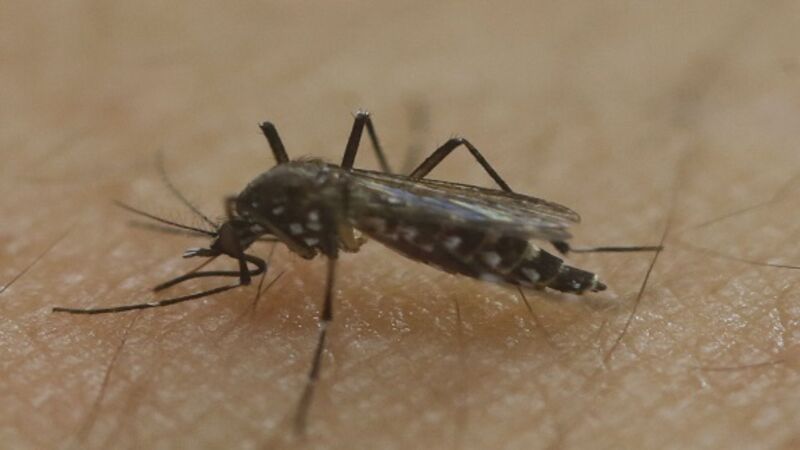‘Lots of unknowns’ about Zika virus, warns Irish expert

The mosquito-borne virus is linked to brain defects in thousands of babies born in Brazil, but there have been no confirmed cases of the disease in Ireland.
The head of the Department of International Health and Tropical Medicine, Sam McConkey said that it was unclear how long the virus stayed in the body.













